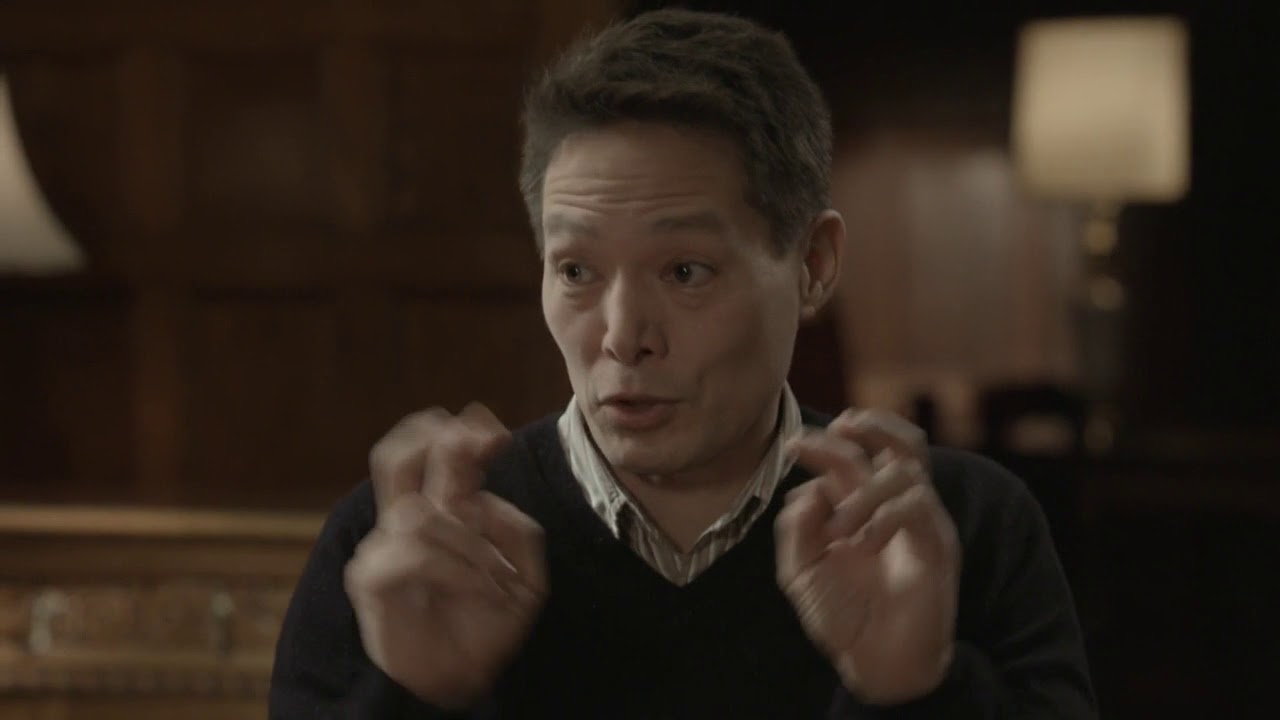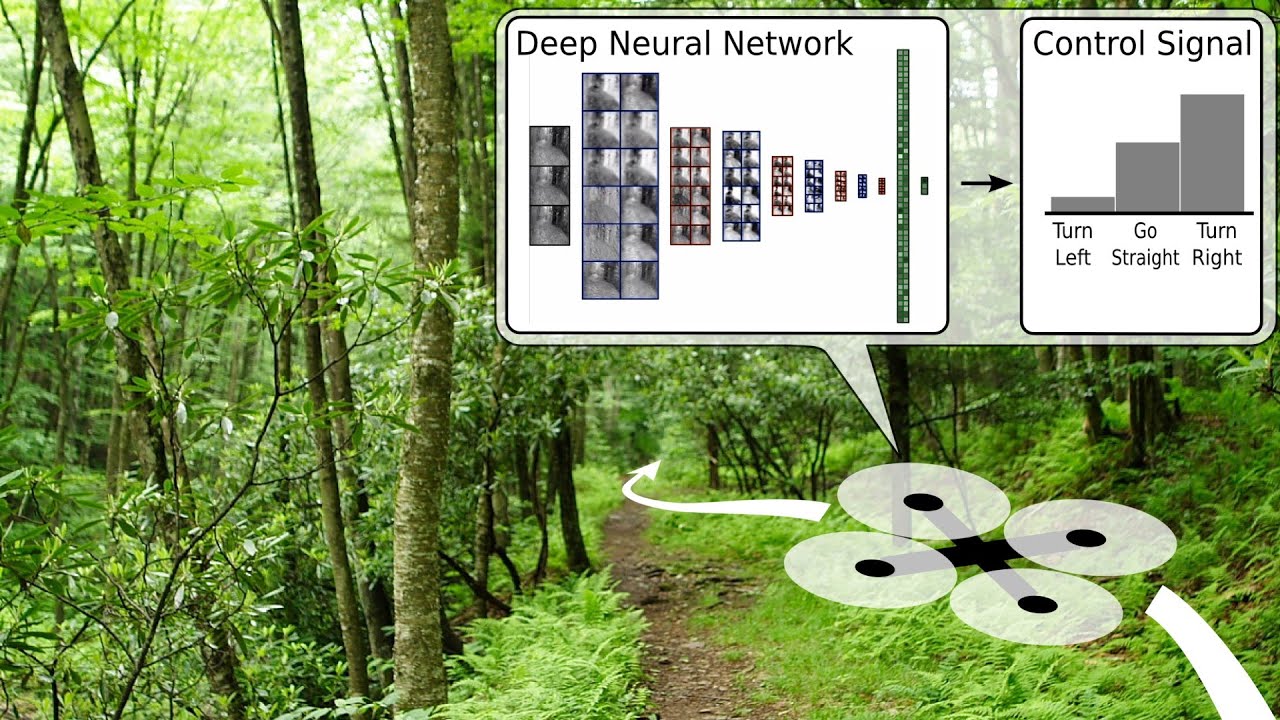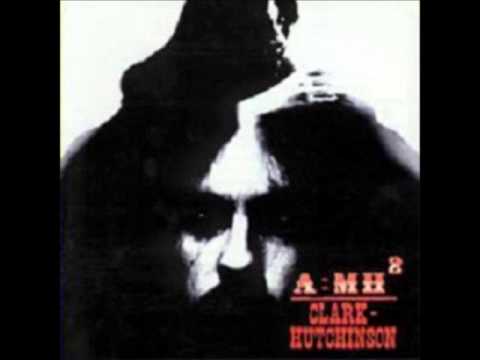Closer To Truth
Is consciousness a scientific problem to be solved? Or a philosophical problem that will remain a mystery? What do scientists who study the brain think?
Click here to watch more interviews on consciousness http://bit.ly/2B2X5AS
Click here to watch more interviews with Peter Tse http://bit.ly/2duAJP5
Click here to buy episodes or complete seasons of Closer To Truth http://bit.ly/1LUPlQS
For all of our video interviews please visit us at www.closertotruth.com
Source




This dude is on to something
Only flat earthers have the answer to consciousness.
11:55 he makes an interesting point here.
Utter nonsense. Random or not its deterministic….see "wave function of the universe"
What is the mind? Is it different to the consciousness? Does the mind operate independantly of the brain or is it simply the reaction of brain activity? What happens first conscious awareness or brain activity?
Substantial and insightful … mind blown
Makes me wonder where have I been all these years,why I never heard of these guys until now ?
I don't think the argument is that human brain works like a massive computer – not anymore anyway. The argument is that a sufficiently complex computer can simulate a human brain.
Stating that the brain doesn’t work like a Turing machine is not a sufficient refutation of the computational theory of mind. Neural networks such as those used in AlphaGo, the system that beat the world Go champion, don’t work like Turing machines either. They are composed of elements analogous to neutrons in our brains, yet they are implemented as virtual systems on conventional computers that do operate like Turing machines. The whole point of Turing machines, and why they are so important as a concept, is that they can perform this kind of virtualisation that enables them to simulate anything that is simulatable. So to refute the computational theory of mind you have to prove that brains cannot be simulated. That’s a completely different issue than the points raised in this interview and everything discussed in it is absolutely simulatable.
At what point does it become tedious when people ask the same questions time after time? At what point does one decide to say "fuck patience". My suspicion is that if such questions are resolved, people fear they will have nothing to talk pretentious nonsense over their inane cheese and wine parties. Either that or they are staggeringly inept to the extent they are genuinely incapable of answering such questions.
Has anyone considered that consciousness might be the same as extracting a three-dimensional projection from a two dimensional holographic negative? Can an interference pattern of quantum fields be interpreted by brain components and configured as three dimensional thoughts?
I couldn't help but notice similarities in Peter's description of his hallway approach to consciousness and determinism and the Bohemian idea of pilot-waves. It professes that the quantum particle in its wave state searches out all possibilities than manifests as the particle at the best place that has been determined. This is like the idea of mutation and then selection of the best result.
Consciousness not an objectivity…Neuron is a tools…if they understand it…they can resurrect dead heart and brains.
I think the answer is in Quantum Physics.
Yep, in the mechanics of it at the neuronal level, something like this I suspect.
Very interesting discussion (not just because I agree with Peter Tse!) – but little to do with the nominal subject 'How brain scientists think about consciousness.' Nothing about consciousness, lots about in/determinism!
Clearly part of a longer discussion. Is there a video of the complete session?
Peter Tse is aware of not just the complexities in discussing consciousness, but the depth of the question. For those who really care about examining the many questions related to the brain and consciousness, I recommend a book titled "Irreducible Mind."
Soon it will be said that the brain is like a quantum computer, they will be getting "closer to truth".
The universe (and the brain) are deterministic, but the lines of causality are not only infinitely complex in their intersections, they also influence and evolve one another’s…
No consciousness in computers? Not yet… Computers not hungry? Can be programmed… This guy is smart but unfortunately he can't loose his grip on free will.
How exactly does our brain think thoughts before it consciously thinks those thoughts? What exactly is the 'higher intelligence' behind our very thoughts? And if our thoughts are thought before we consciously think them, then do we truly have complete conscious 'freewill'? How could we if we don't truly consciously think the thoughts we think in totality?
Elves in the basement
This channel is gold
Your brain is always building a map to make sense of the world. This map is concerned with value and nothing is discrete, metastability, Buridan's donkey and Fredkin's paradox.
Any sufficiently complex event is statistically impossible, they are all one time events.